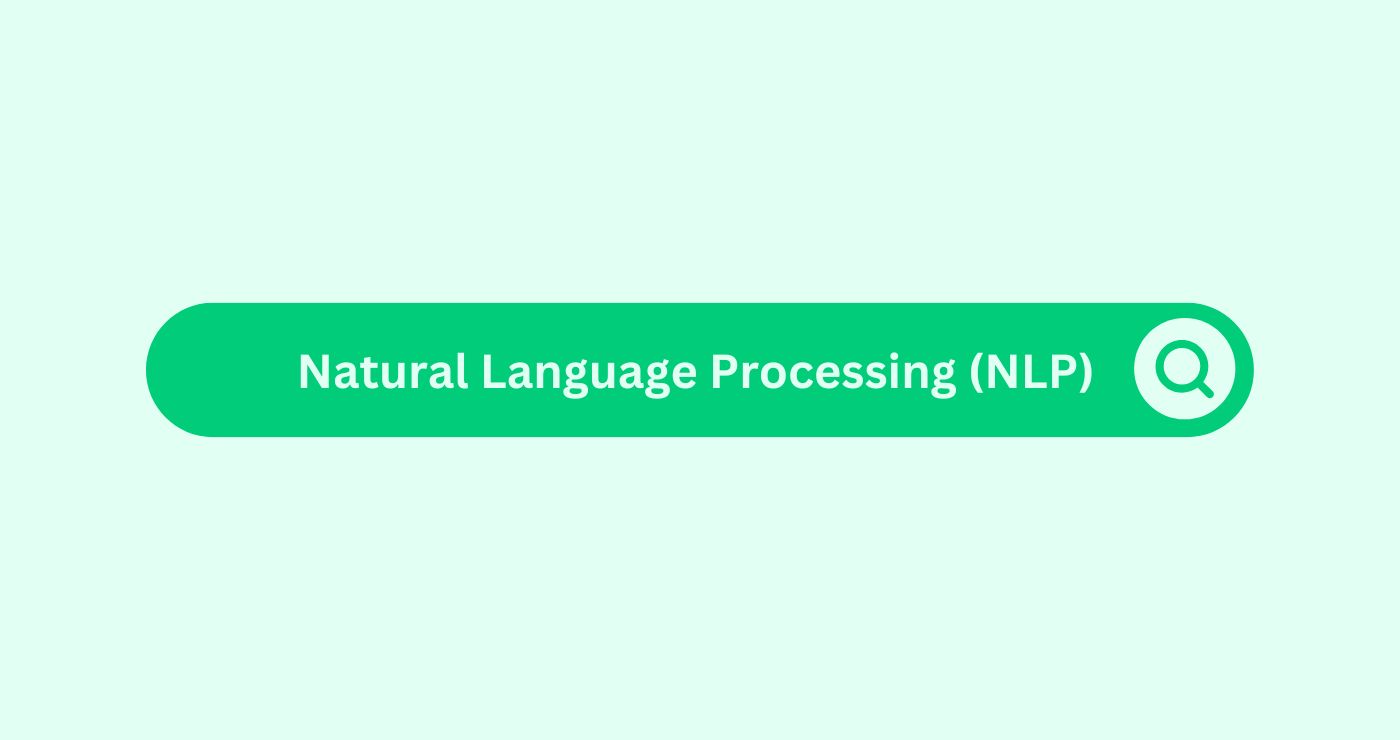Definition
That’s where an AI digs into heaps of labelled data and starts spotting patterns—like a detective, but for numbers and trends. In the content marketingDefinition Content marketing strategically creates and share... world, this means the system can actually predict what’s likely to happen next. Think click-through rates, different engagementDefinition Engagement in content marketing refers to the deg... spikes, conversions, or even which content formatsDefinition In the SEO space, "formats" refer to the various ... actually work, instead of just guessing.
Natural Language Processing—NLP for short—brings AI into the language game. It helps machines pick up on the way people talk, what they mean, how they feel, and what they’re after. All the grammar, all the weird context—NLP handles it. For content marketingDefinition Content marketing strategically creates and share..., this translates into text that doesn’t just sound good, but actually hits the mark for both readers and search engines.
A digital marketing team in Auckland might pull questions from Google’s “People Also Ask” to build out FAQ pages that actually matter. A performance marketing agency could use NLP for ad copy that shifts tone depending on how people respond. Over in SEO land, those teams lean on NLP models to find related topics and keyword clusters, which adds serious depth and relevanceDefinition In SEO, relevance refers to the degree to which a... to content.
NLP has pushed marketing past basic keyword stuffingDefinition Keyword stuffing is the unethical practice of exc.... It’s about using real, natural language, switching up phrasing, and locking in on what actually makes sense to both people and algorithms. Content ends up sounding less robotic, more authentic, and just—well, better.
Practical Example
A performance marketing agency runs NLP analysis on top-performing competitor blogs. The tool extracts recurring semantic patterns and identifies that the phrase “affordable marketing strategies for small NZ businesses” appears frequently in high-ranking pages. The team rewrites a client blog to include semantic matches like “budget-friendly branding tips” and “low-cost digital marketing NZ.” This results in a 31% increase in SERP visibility within 3 weeks.
Formula
NLP Output=f(Tokenisation+POS Tagging+Entity Recognition+SentimentDefinition Sentiment in the SEO space refers to the emotiona...)
- Tokenisation: Breaks sentences into words
- POS Tagging: Identifies noun, verb, adjective, etc.
- NER: Recognises names, places, brands
- Sentiment AnalysisDefinition Sentiment Analysis is an AI technique that interp...: Detects tone (positive, neutral, negative)
| Input Sentence | Token Count | SentimentDefinition Sentiment in the SEO space refers to the emotiona... Score | Key Entity Detected |
|---|---|---|---|
| Affordable SEO services for small NZ businesses | 7 | +0.85 | “NZ businesses” |
| Boost engagementDefinition Engagement in content marketing refers to the deg... using personalised content tools | 6 | +0.92 | “personalised content” |
5 Key Takeaways
- NLP helps marketers generate content that mirrors natural user search behaviour.
- It extracts insights from text data to guide content planning and structure.
- NLP-powered tools improve SEO by identifying relevant keywordsDefinition Keywords are crucial for SEO success as they conn... and synonyms.
- SentimentDefinition Sentiment in the SEO space refers to the emotiona... and tone analysis align brand messaging with target audiences.
- NLP automates repetitive writing tasks, increasing efficiency and consistency.
FAQs
What is NLP in content marketing?
It’s the use of AI to understand and produce natural-sounding content aligned with user intent and SEO strategies.
How does NLP help SEO companies?
It identifies keyword variations, entities, and user intent, helping to build more relevant and rank-worthy content.
Can NLP tools generate entire blog posts?
Yes, with the right prompts and structure, NLP systems can draft high-quality, on-brand content at scale.
How is NLP different from simple keyword tools?
NLP focuses on meaning and context, not just keyword volume—helping create authentic and valuable copy.
Why should a digital marketing Auckland firm use NLP?
NLP provides smarter automation, deeper content insights, and better alignment with evolving search engine algorithms.




